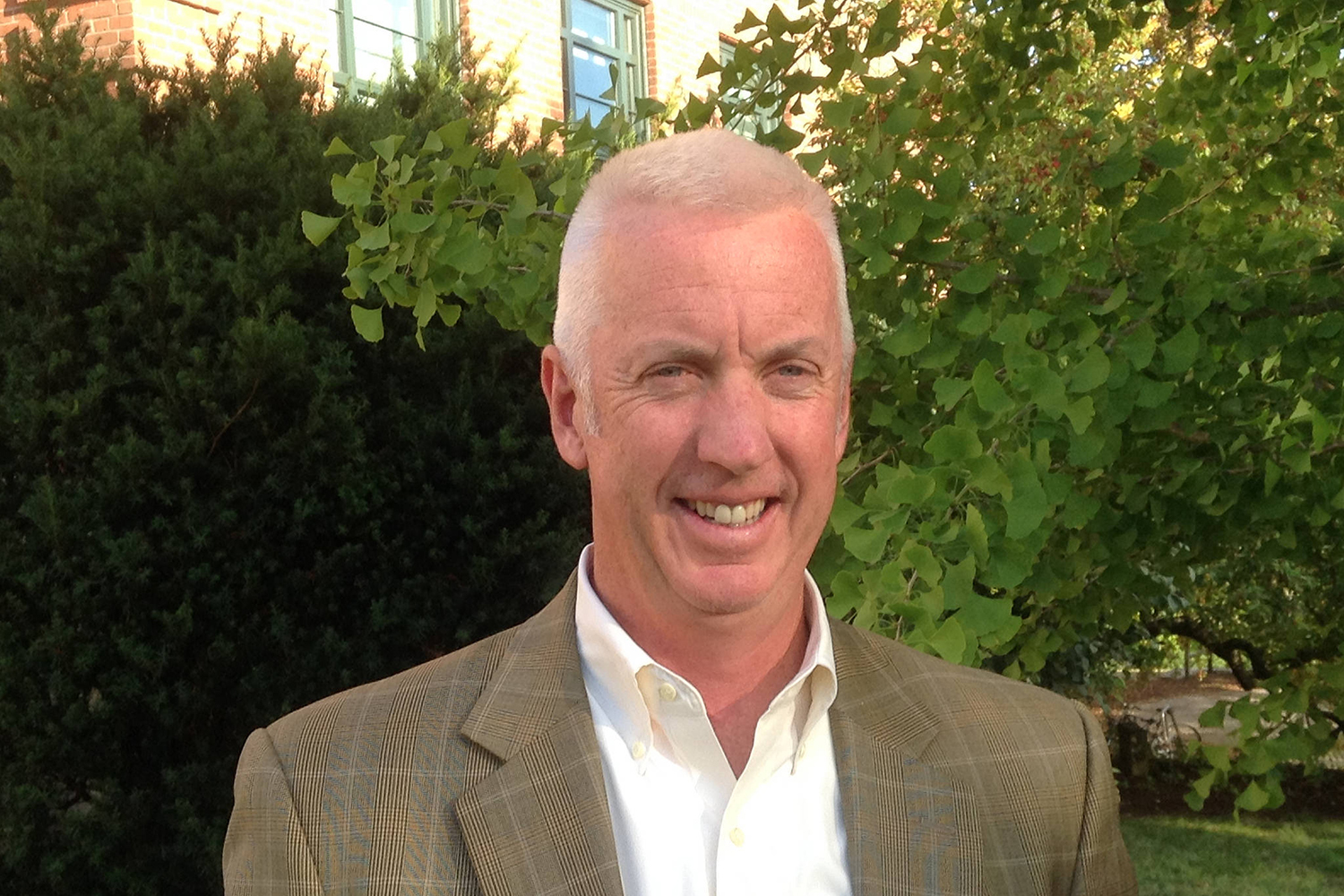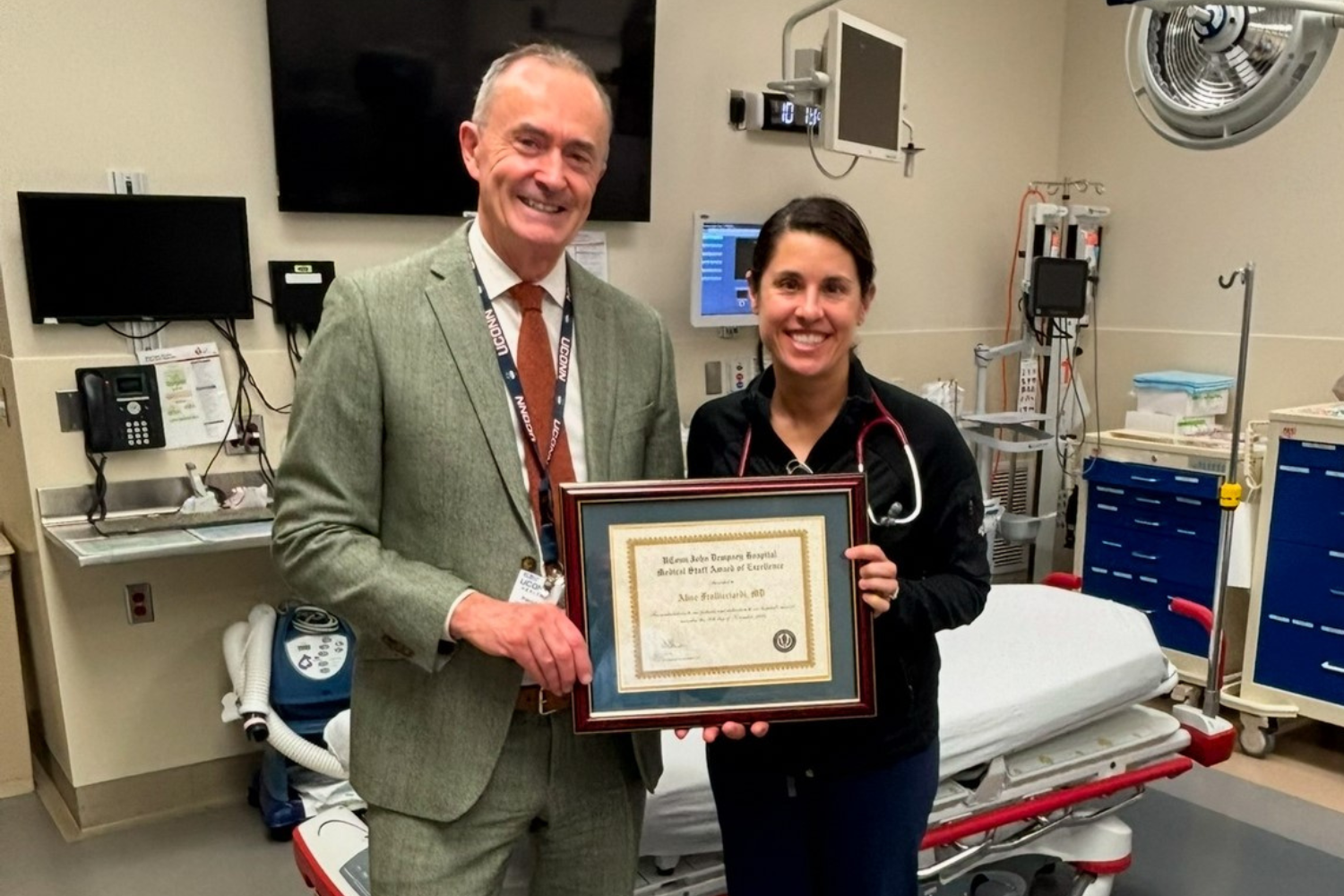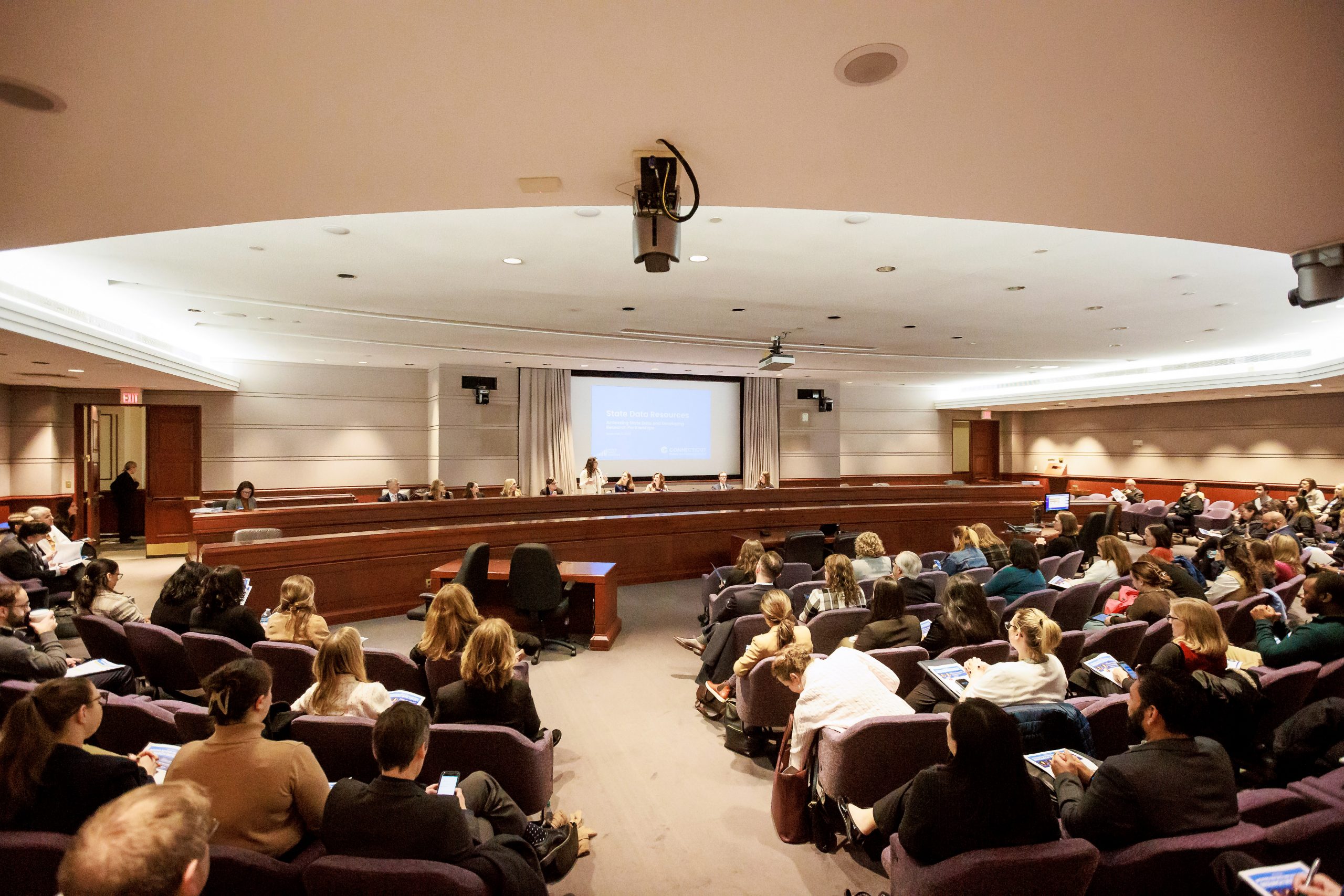For Michael O’Neill, associate dean and associate director of UConn Extension, change and transformation are important words in describing the evolution of the Cooperative Extension System. For more than a century, the program has extended the knowledge base of the land-grant university to adults and youth through what O’Neill describes as the “expert system.” Needs were assessed at the grass roots level and communicated through extension educators to university specialists, who provided answers, conducted research and suggested directions to solve problems.
Now, everything has changed, according to the O’Neill, as Extension and the public engage in co-creating knowledge.
“Stakeholders are creating with us. People on the ground often know more about their community than experts and can be equal partners in development of new programs and new answers,” says O’Neill.
O’Neill sees Extension as very place based. Extension professionals value the stakeholders as they co-create ways to help solve complex problems and build appropriate solutions. He insists that while social media and mass communication reach vast numbers of people around the world, individuals must make decisions that are connected to the place where they live.



